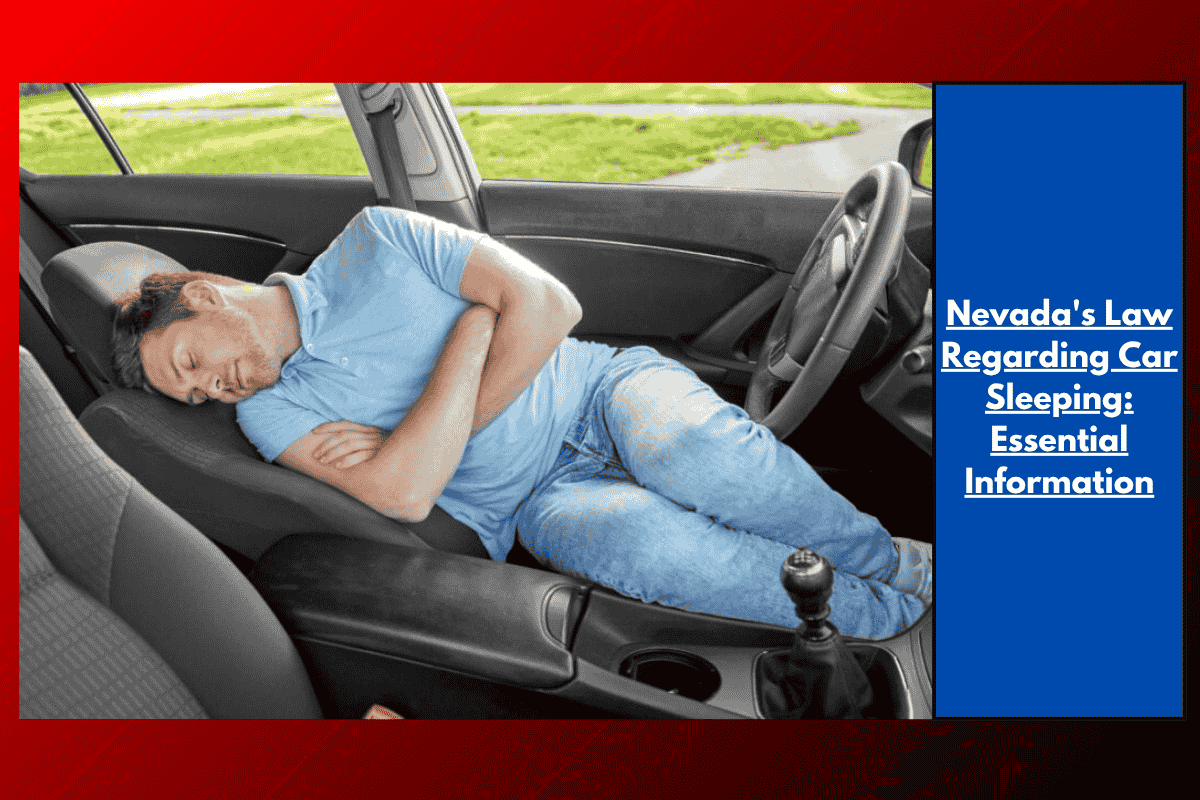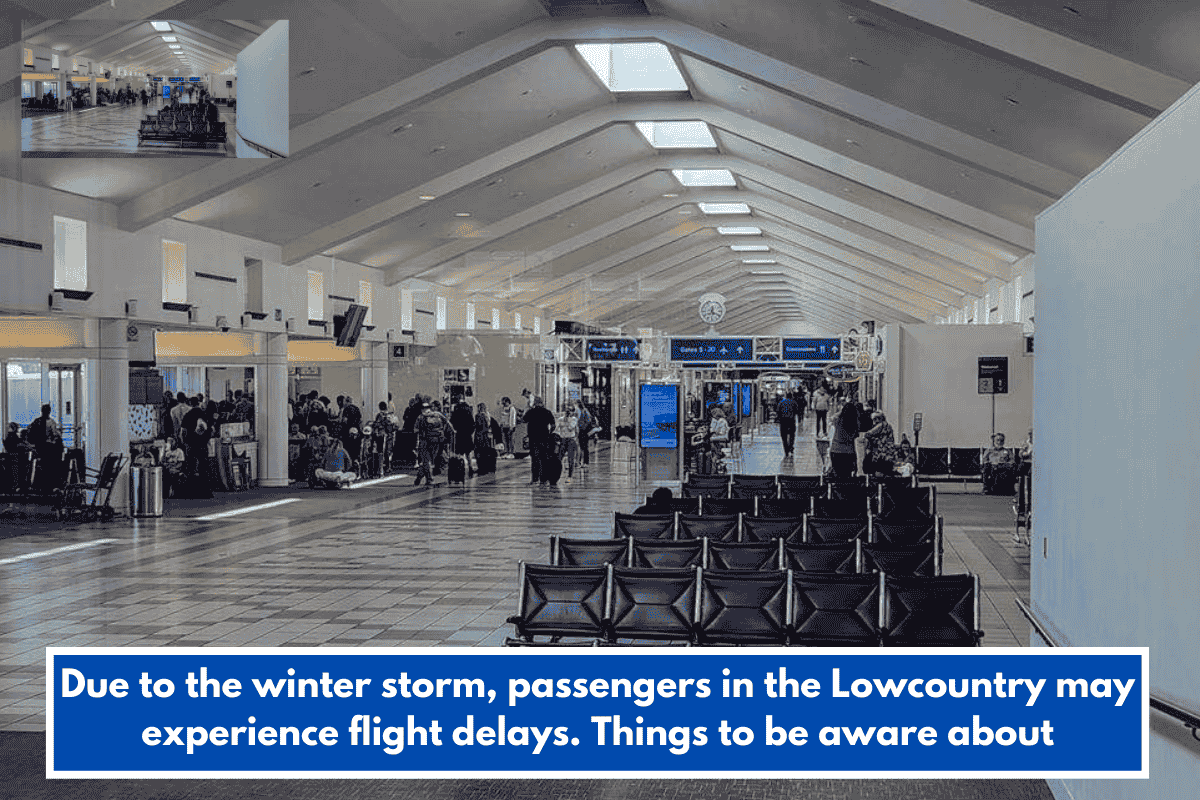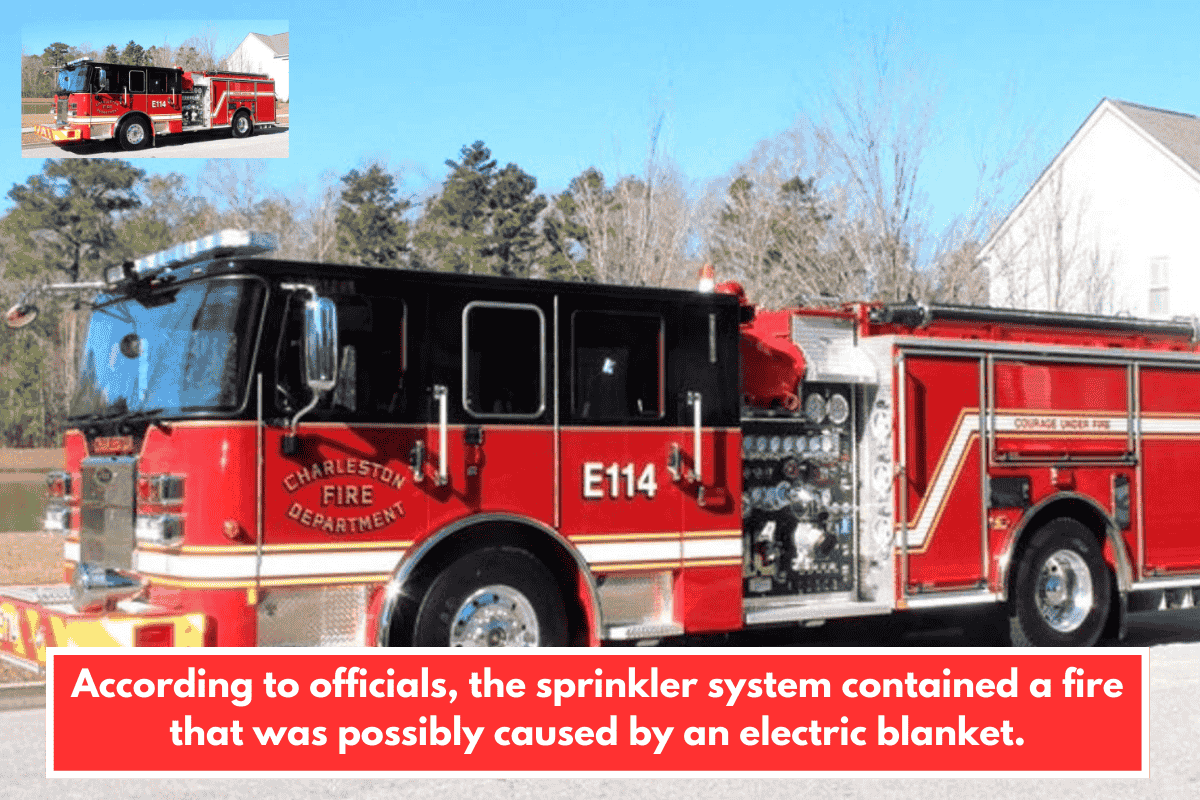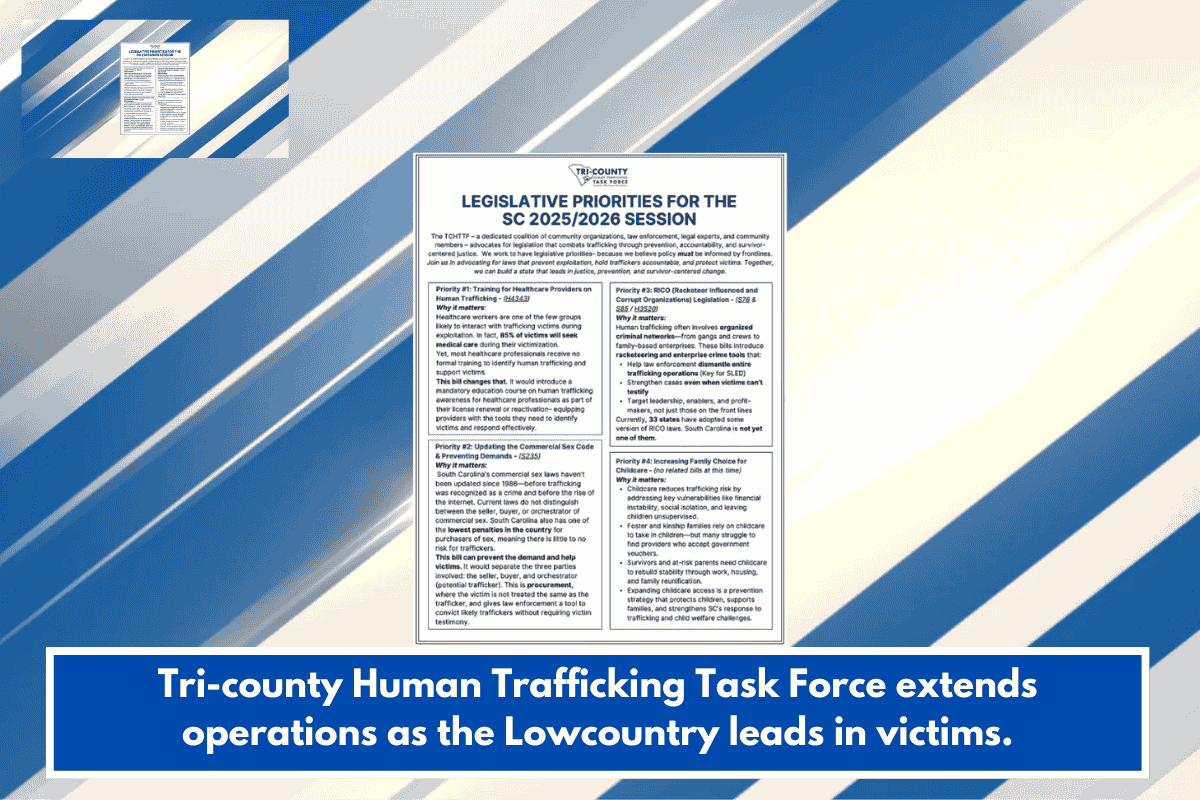In Nevada, it’s not uncommon for people to sleep in their cars, whether it’s due to long road trips, camping, or simply taking a break. However, understanding the legal aspects of sleeping in a car in the Silver State is essential to avoid potential issues with law enforcement. Let’s break down Nevada’s law regarding sleeping in your car and what you need to know before deciding to rest in your vehicle.
Is It Legal to Sleep in Your Car in Nevada?
The simple answer is yes, it is generally legal to sleep in your car in Nevada. However, several important factors should be considered, including where you park, how long you stay, and local regulations.
Key Factors to Keep in Mind
1. Public Parking and Private Property
Public Areas: In most public spaces like rest areas, parking lots, or highway pull-offs, sleeping in your car is allowed, but with certain limitations. Make sure you are not violating local ordinances or parking restrictions.
Private Property: If you decide to sleep in your car on private property, such as a business parking lot or residential area, you must have permission from the property owner. Sleeping in your car without consent could result in being asked to leave or potentially trespassing charges.
2. Overnight Parking Restrictions
While sleeping in your car may be legal, some places have overnight parking restrictions that prohibit parking or resting for extended periods during certain hours, typically at night. Make sure to check for signs or regulations in specific parking lots or on streets.
Las Vegas and other urban areas have specific regulations around overnight parking in certain areas, especially in tourist-heavy locations like the Las Vegas Strip. Many hotels, casinos, and businesses offer designated areas for RVs or overnight car parking, but it’s important to confirm this before settling in for the night.
3. No Rest for the Weary: Public Sleeping Prohibitions
Sleeping in your car in areas where it is deemed unsafe or a public disturbance could lead to problems. For example, in downtown Las Vegas, some areas may have stricter city ordinances to prevent street sleeping, particularly in spaces where it might cause safety or sanitation issues.
Sleeping in your car while intoxicated or under the influence of drugs can lead to charges of public intoxication or even arrest. Police are more likely to stop someone for sleeping in their vehicle if it’s clear they are intoxicated or disruptive.
4. Homelessness and Car Sleeping
In some instances, especially in larger cities like Las Vegas, the issue of homelessness is linked to car sleeping. However, the law in Nevada does not specifically prohibit individuals from using their vehicle as a temporary shelter, but local ordinances can vary by city.
Homeless individuals may face more scrutiny regarding car sleeping in certain places, as local authorities may have specific laws in place to manage the issue. Some municipalities may offer designated parking areas or overnight shelter options for those in need.
When Might Sleeping in Your Car Be Illegal?
While sleeping in your car is generally allowed, there are situations where it can become illegal:
Blocking Traffic: If your car is parked in a way that blocks traffic, obstructs driveways, or is in a restricted zone, you may be fined or towed.
Trespassing: Parking or sleeping in a private area without the owner’s permission, such as in a business or residential parking lot, can result in trespassing charges.
Public Intoxication: If you are sleeping in your car while under the influence of alcohol or drugs, you could be subject to public intoxication laws or DUI (Driving Under the Influence) laws, even if you are not driving.
Safety Concerns: If your car is parked in an area that is considered unsafe, such as near railroad tracks or in areas prone to crime, local authorities may ask you to move or take legal action for your safety.
Tips for Safe and Legal Car Sleeping in Nevada
Park in Designated Areas: Whenever possible, use rest areas, RV parks, or designated overnight parking zones where sleeping in a car is allowed. Many truck stops and larger commercial parking lots also allow overnight stays, often for a small fee.
Check Local Regulations: Before sleeping in your car, be sure to check for any local ordinances or parking signs that may prohibit overnight parking or car sleeping in specific areas. This is particularly important in urban areas like Las Vegas or Reno.
Avoid Parking in Residential Areas: To prevent complaints or potential legal issues, avoid parking in residential areas for extended periods. If you must park in such areas, get permission from property owners.
Stay Safe: Always prioritize your safety. Avoid parking in areas that feel unsafe or that are prone to crime. Lock your car, avoid displaying valuables, and stay aware of your surroundings.
Don’t Sleep While Intoxicated: Avoid sleeping in your car if you’ve been drinking or using drugs, as this can lead to public intoxication or DUI-related charges.
In Nevada, sleeping in your car is legal under most circumstances, as long as you follow local ordinances and park in appropriate areas. It’s essential to be mindful of where you park, avoid disrupting traffic or causing safety concerns, and always respect private property. While it’s generally allowed, you should still be aware of the rules in your specific area, particularly in larger cities or tourist destinations. By following these guidelines, you can safely and legally sleep in your car without facing unnecessary legal issues.
SOURCES
[1] https://courtroomproven.com/blog/is-it-legal-to-sleep-in-your-car-in-nevada/
[2] https://teamjustice.com/is-it-illegal-to-sleep-in-your-car/
[3] https://www.jackery.com/blogs/knowledge/is-it-illegal-to-sleep-in-your-car-what-states
[4] https://dioceseofvaranasi.org.in/sleeping-in-your-car-state-laws-you-need-to-know
[5] https://courtroomproven.com/blog/is-it-legal-to-live-or-sleep-in-your-car/














